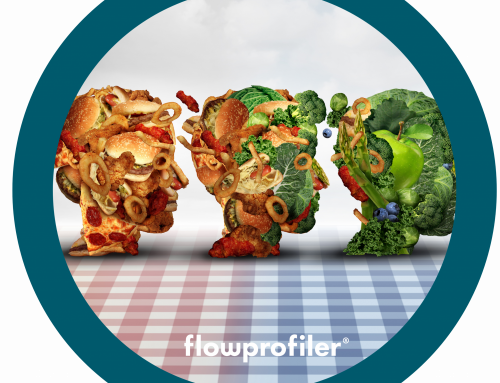“Behaviour: the way in which one acts or conducts oneself, especially towards others.”
– Oxford Dictionary

- Personality
- Resilience
- Motivation
- Emotional and Social intelligence
and how they drive behaviours in the workplace.
Personality
Commonly you will see words like dominance, sociability, drive, compliance, influence, thinker, feeler, steadiness, relaxed etc that work to measure various personality traits and extrapolate likely behaviour.
For example; if a team member is scoring high on dominance, I can expect that person to behave in a competitive, results orientated manner. If a team member scores low on the sociability (often linked to the extroversion scale), I can expect that this person is likely to display introverted behaviours and is unlikely to seek the spotlight.
 Psychometric assessments are used to help employers recruit, develop and succession plan their people based on the behavioural requirements of the role. This is often referred to as job-fit. It gives the employer a better chance of placing an engaged employee who is able to behave based on the requirements of the role.
Psychometric assessments are used to help employers recruit, develop and succession plan their people based on the behavioural requirements of the role. This is often referred to as job-fit. It gives the employer a better chance of placing an engaged employee who is able to behave based on the requirements of the role.
 The greater the rigour of assessment (reliability and validity measures), the more effective the assessment is for the user acting as a guide to a person’s likely behaviour.
The greater the rigour of assessment (reliability and validity measures), the more effective the assessment is for the user acting as a guide to a person’s likely behaviour.
People will stretch and scrunch throughout their careers based on experience, discipline, through a sheer will to change or out of necessity.
“It is the ability to adapt to changing circumstances that we believe demonstrates personal excellence in the workplace.” – flowprofiler®
Some assessments will strongly suggest that personality traits are innate and barring a significant life changing event should remain stable throughout the employee’s years of employment. Other assessments suggest that personality traits are 50% innate and 50% environmental.
“In our experience, assessments give us more questions to ask so that we may corroborate and clarify an employee’s results with how they are likely to behave in the work environment.” – flowprofiler®
Resilience
The measurement of resilience is another great way to gain insights into how a person is likely to behave on the job.
“We know that resilience is demonstrated through a combination of behaviours that, when used well, gives the employee the superpowers required to quickly recover from set-backs.” -flowprofiler®
Psychometric assessments such as resilienceflow® are perfect to help employers assess for a person’s ability to shift and adapt to the changing demands of the role. The graphic below shows the dimensions (observable behaviours) that resilienceflow® measures.




